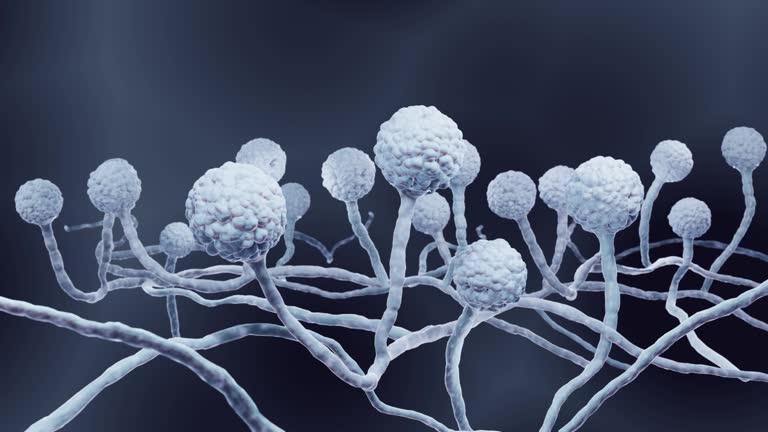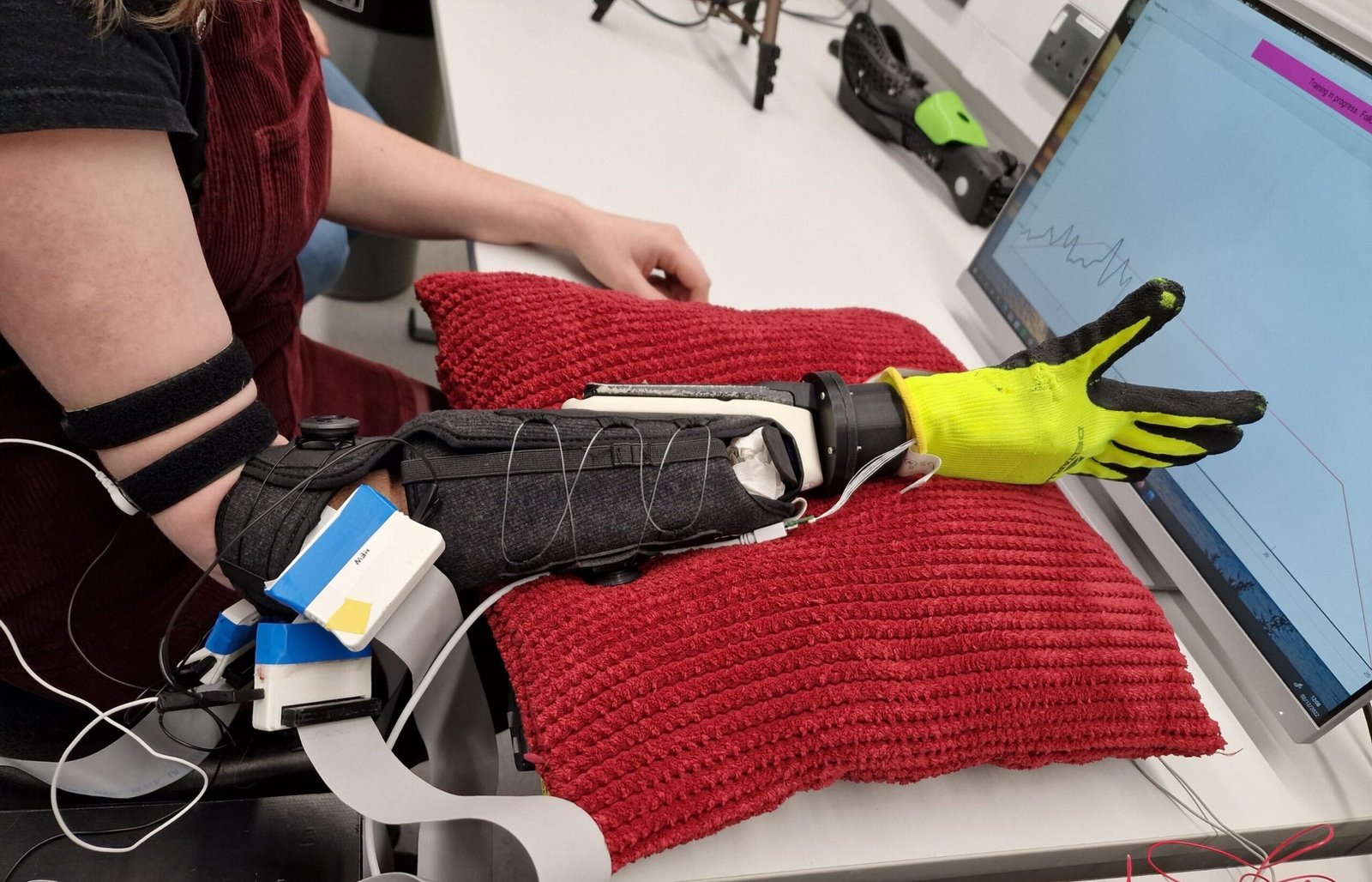Obsessive-compulsive and related disorders (OCRDs) encompass a range of conditions that significantly affect an individual’s daily functioning. These disorders are characterized by the presence of persistent obsessions (intrusive thoughts, images, or urges) and compulsions (repetitive behaviors or mental acts). OCRDs include well-known conditions like obsessive-compulsive disorder (OCD), as well as hoarding disorder, body dysmorphic disorder, and trichotillomania (hair-pulling disorder). It is estimated that 2% to 3% of the U.S. population suffers from OCRDs, and these disorders can lead to profound disruptions in personal, social, and occupational life. Even with existing treatments, many individuals with OCRDs do not achieve full symptom relief, creating an ongoing challenge for healthcare providers and patients alike.
Obsessions in OCRDs can manifest in a variety of forms, each evoking a distinct type of anxiety. For instance, individuals with contamination obsessions may experience an overwhelming fear of germs or dirt, leading them to engage in excessive cleaning rituals to neutralize these anxieties. Others may be plagued by thoughts of causing harm or being aggressive, even though they have no intention of acting on these thoughts. Symmetry obsessions involve the need to arrange items in a precise manner, causing distress when order is disrupted. Some individuals may experience sexual obsessions, which are unwanted thoughts about inappropriate sexual behavior, while others may grapple with religious or moral obsessions, often referred to as scrupulosity, where they feel an overwhelming concern with religious correctness or moral purity.
Compulsions are the actions or mental rituals that people with OCRDs engage in to reduce the anxiety caused by their obsessions. These compulsions, though intended to alleviate distress, often lead to further impairment in daily functioning. Common compulsions include washing hands repeatedly to counteract the fear of contamination, checking locks or appliances to ensure safety, and organizing objects in a specific way to achieve a sense of order. Counting rituals, where individuals feel compelled to perform an action a specific number of times, are also common in OCD. These compulsive behaviors can be time-consuming, repetitive, and exhausting, leading to a significant impact on a person’s quality of life.
Although there are treatments available for OCRDs, including selective serotonin reuptake inhibitors (SSRIs), clomipramine, and cognitive behavioral therapy (CBT), many patients do not experience complete symptom relief. Approximately 60% of people with OCD, in particular, continue to struggle with significant symptoms despite treatment. This has led researchers and clinicians to explore alternative and adjunctive therapeutic options. One promising avenue of investigation is the glutamatergic system, a neurotransmitter system that plays a crucial role in brain function and communication. Research has suggested that abnormalities in the glutamatergic system, particularly within the cortico-striatal-thalamo-cortical circuits, may contribute to the pathophysiology of OCRDs. This has sparked interest in glutamatergic medications as potential treatments for these disorders.
Glutamatergic medications work by modulating the neurotransmitter glutamate, which is involved in synaptic plasticity, neuronal excitability, and communication between brain cells. These medications target glutamate receptors and influence the way the brain processes information, potentially improving cognitive function and emotional regulation. In the context of OCRDs, glutamatergic medications are thought to help correct the dysfunctional neural circuits that underlie obsessive-compulsive symptoms.
A systematic review and meta-analysis conducted by researchers at the Harvard T.H. Chan School of Public Health explored the efficacy of glutamatergic medications in treating OCRDs. Published in JAMA Network Open, the study analyzed data from 27 randomized clinical trials (RCTs) involving 1,369 participants. These trials were selected based on their rigorous methodology, including double-blind, placebo-controlled designs, and the inclusion of glutamatergic medications either as a monotherapy or as an augmentation strategy alongside SSRIs.
The results of the analysis showed a significant overall reduction in the severity of OCRD symptoms for individuals treated with glutamatergic medications. While the evidence presented a positive outcome, the authors noted that the level of certainty regarding the findings was moderate, due to variability in trial conditions and potential publication bias. In particular, the study found a notable reduction in obsessive-compulsive symptoms as measured by the Yale-Brown Obsessive Compulsive Scale (Y-BOCS), with a mean difference of -4.17 points. This suggests that glutamatergic medications may lead to meaningful improvements in symptom severity for individuals with OCD.
The meta-analysis also examined various subgroups, including different types of OCRDs (such as OCD, hoarding disorder, and body dysmorphic disorder), treatment refractoriness (i.e., whether participants had previously failed to respond to other treatments), and the specific type of glutamatergic medication used. Interestingly, the results did not show significant differences across these subgroups, indicating that glutamatergic medications may be effective across a range of OCRDs and in individuals with varying treatment histories. This suggests that glutamatergic medications may have broad applicability in the treatment of OCRDs, especially for patients who do not respond adequately to conventional treatments like SSRIs.
Despite the promising results, the authors of the study cautioned that the evidence is still inconclusive, with many studies being limited by small sample sizes and variations in treatment protocols. As such, further research is needed to confirm these findings and explore the optimal use of glutamatergic medications in treating OCRDs. Future studies should aim to include larger sample sizes, standardized treatment protocols, and longer follow-up periods to better assess the long-term efficacy and safety of these medications. Additionally, researchers suggest that investigating the dose-dependent effects of glutamatergic medications could provide valuable insights into the most effective treatment regimens.
Reference: David R. A. Coelho et al, Glutamatergic Medications for Obsessive-Compulsive and Related Disorders, JAMA Network Open (2025). DOI: 10.1001/jamanetworkopen.2024.52963






